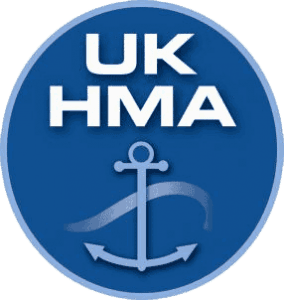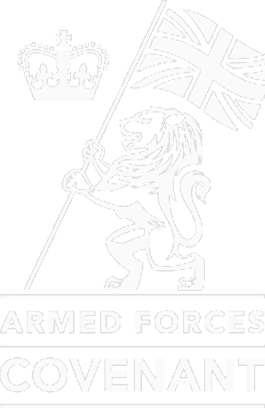Case Studies
Some detail of recent projects MUSC have worked on.
Port Security
Counter Piracy
General Ship Security
Security Assessments/Audits
Arabian Gulf Coastal Security Systems Upgrade Study
One of the largest oil companies in the world contracted MUSC to undertake detailed radar, thermal imaging, and sonar coverage studies as part of a security upgrade to ten offshore platforms.
MUSC experts undertook site surveys, inspecting and verifying installation positions as well as taking environmental samples, including sound velocity profiles. This data allowed MUSC to create a detailed coverage analysis to determine the ranges that potential threats could be identified and tracked; airborne, surface, or underwater.
MUSC then worked with the Client to incorporate our results into their engineering designs to produce a system that met regulatory parameters for threat detection while taking account of the environmental challenges of the Arabian Gulf and the technologies available.
Blue Origin Maritime Security Study for at sea rocket recovery
MUSC were contracted by Blue Origin, to analyse maritime security requirements for the recovery at sea of the reusable first stage rocket known as New Glenn.
Launching from Cape Canaveral, the New Glenn payloads, featuring satellites and planned human missions to the moon, will use a first stage booster that will be recovered at sea on an adapted large vessel.
Operating on the high seas, but in a congested commercial/military maritime environment MUSC identified a multitude of threats to successful recoveries.
Factor analysis, in the form of a strategic and operational estimate were scrutinised in order to expose issues so that mitigation measures, including those related to a catastrophic failure impacting the recovery ship, were developed. An example of one issue MUSC exposed was that the apogee of the New Glenn launches was variable, depending on the intended final location of the payload in space. For some apogee angles the potential recovery locations could be as close as 100nm from the eastern seaboard, in heavy shipping lanes but also attracting potential interest from larger pleasure craft, keen to witness an at sea landing, but potentially contaminating the recovery zone. MUSC were able to quantify this threat and recommend mitigation measures, which have since been adopted.
Recovery of LNG Tanker from defaulting charterers
A 3-week stand-off then ensued as the case went through the Malaysian court and the London based Court of Arbitration. Complementary evidence on board was found by MUSC, showing foodstuffs with Iranian labels, ships logs that had been secreted on board as well as AIS evidence showing the vessel going “dark” for a few days close to Iranian LNG facilities. This was all used in the ensuing case as evidence.
Due to the excellence in the strategic planning, and subsequent execution of the physical operation, the Chinese charterer lost the court case, and the Chinese crew were removed and replaced. The ship was returned to the owners intact, allowing MUSC to fulfil the assigned mission. Throughout, MUSC operatives remained on board in a hostile environment and ensured the 56,000 GRT vessel and its equipment remained in-tact, and completed the handover back to owners. Support was provided to operatives on the ground by the team in head office, and key members of the management team were involved in the planning and execution of the task.





